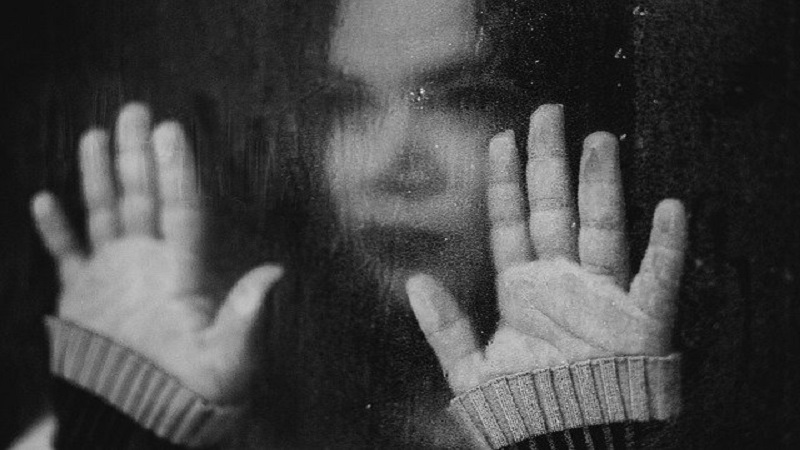September 10 marks World Suicide Prevention Day, and it is becoming increasingly important to look after one’s mental health. According to South African government statistics, up to 3000 people commit suicide on a daily basis. For each person who commits suicide, there are 20 people who have attempted it.
The World health Organization reports that 800 000 people commit suicide every year globally.
“Suicides and suicide attempts have a ripple effect that impacts on families, friends, colleagues, communities and societies,” the organisation said. “Suicides are preventable. Much can be done to prevent suicide at individual, community and national levels.”
Suicide does not just occur in high-income countries, but is a global phenomenon in all regions of the world. In fact, over 79% of global suicides occurred in low- and middle-income countries in 2016. Suicide is a serious public health problem; however, suicides are preventable with timely, evidence-based and often low-cost interventions.
“For national responses to be effective, a comprehensive multi-sectoral suicide prevention strategy is needed,” the WHO said.
Some alarming stats:
– For every suicide there are many more people who attempt suicide every year. A prior suicide attempt is the single most important risk factor for suicide in the general population
– Suicide is the third leading cause of death in 15-19-year-olds
– 79% of global suicides occur in low- and middle-income countries
– Ingestion of pesticide, hanging and firearms are among the most common methods of suicide globally
While the link between suicide and mental disorders (in particular, depression and alcohol use disorders) is well established in high-income countries, many suicides happen impulsively in moments of crisis with a breakdown in the ability to deal with life stresses, such as financial problems, relationship break-up or chronic pain and illness.
“In addition, experiencing conflict, disaster, violence, abuse, or loss and a sense of isolation are strongly associated with suicidal behaviour. Suicide rates are also high amongst vulnerable groups who experience discrimination, such as refugees and migrants; indigenous peoples; lesbian, gay, bisexual, transgender, intersex (LGBTI) persons; and prisoners. By far the strongest risk factor for suicide is a previous suicide attempt,” the WHO added.
Knowledge of the most commonly used suicide methods is important to devise prevention strategies which have shown to be effective, such as restriction of access to means of suicide.
Suicides are preventable. There are a number of measures that can be taken at population, sub-population and individual levels to prevent suicide and suicide attempts. These include:
– reducing access to the means of suicide (e.g. pesticides, firearms, certain medications)
– reporting by media in a responsible way
– school-based interventions
– introducing alcohol policies to reduce the harmful use of alcohol
– early identification, treatment and care of people with mental and substance use disorders, chronic pain and acute emotional distress
– training of non-specialised health workers in the assessment and management of suicidal behaviour
– follow-up care for people who attempted suicide and provision of community support
“Suicide is a complex issue and therefore suicide prevention efforts require coordination and collaboration among multiple sectors of society, including the health sector and other sectors such as education, labour, agriculture, business, justice, law, defense, politics, and the media. These efforts must be comprehensive and integrated as no single approach alone can make an impact on an issue as complex as suicide,” the organisation said.
Here are hotlines and websites on how to prevent a suicide and where to get help for yourself or a loved one in South Africa:
Lifeline: http://lifelinesa.co.za/
Helpline: 0861-322-322
The South African Depression and Anxiety Support Group: http://www.sadag.org/index.php?option=com_content&view=article&id=1496&Itemid=59
Helpline: 0800 21 22 23 (8am to 8pm)
Helpline: 0800 12 13 14 (8pm to 8am)
SMS 31393
Source: Cape Town ETC






 WhatsApp us
WhatsApp us 

